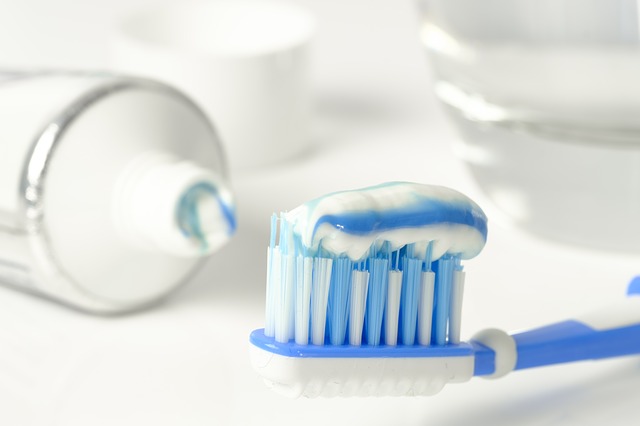From the day your child’s first tooth appears, you joyously begin their brushing routine. As they grow older, you want your kids to have an active interest in their oral hygiene, but exactly when should your children start to brush their own teeth?
Age 2: Teach Your Child to Spit
At age two, you should still be brushing your child’s teeth for them. After you brush their teeth, tell your child to spit out the extra toothpaste into the sink. This teaches them not to swallow the toothpaste. After they spit , you can then give them water to wash their mouth out a little more. This first step helps introduce your child to the idea of caring for their own teeth.
Age 3 to 6: Start Having Your Child Brush
Children develop at different paces, and that’s okay. Some children are ready to start brushing their own teeth — with plenty of supervision, of course — at age three. Others are not ready until they are four, five, or six. You’ll have to feel it out and determine when your child is ready. Here are some tips to help ease them into brushing their own teeth.
Let Them Practice
Young kids, even toddlers, might try to grab the toothbrush and brush their baby teeth on their own. It’s good to let them do this sometimes so that they feel like a big kid, but don’t forget to follow up with proper brushing yourself. It’s great that your child is showing an interest in their dental care, but at this age, they can’t brush every which way on their own — and still need their parents to remain in control of the health of their teeth.
Couple Brushing With Shoe-Tying
If your child can tie their own shoes, they’re definitely old enough to be brushing their own teeth. Once your child can figure out the coordination it takes to tie up their laces, they have the mental and physical ability to brush their pearly whites themselves. You can now let them mostly hold the brush and do the brushing on their own. Just supervise and help them as needed.
Age 8: Keep an Eye on Their Brushing
By the age of 8, your child should be confidently brushing their own teeth without the need for any direct help from you. However, you should still check in and remind them to brush their teeth twice per day. Observe their brushing regularly. If they are not spending long enough, you may need to set a timer to ensure they brush for a full two minutes. If they seem to be spending more time on one side than on the other, remind them to split their time equally between their teeth.
The Older They Get, the Better They Brush
Being a part of your child’s dental routine is very important. As they grow, they’ll learn more and more about how to care for their teeth, and that’s why it’s so important that you’re there to keep their oral care in check.
There is no definite time that all kids are able to brush their teeth on their own. It varies from child to child, but you can use these guidelines to determine when your own child is ready. Even after they start brushing on their own, don’t forget to supervise and continue to help with the rest of their dental routine, such as flossing and making sure they visit the dentist for a routine checkup every six months.
